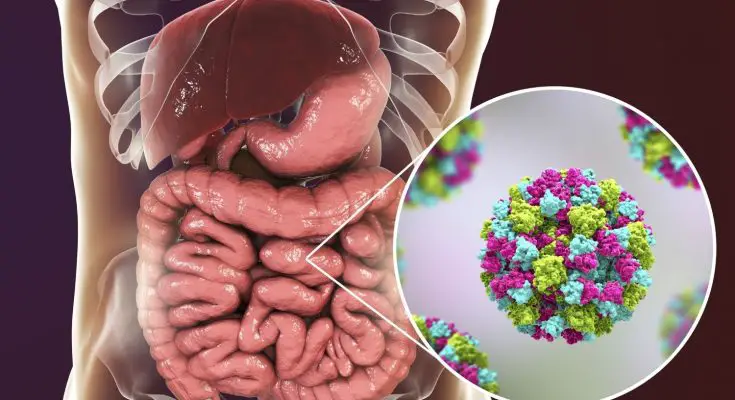Getting sick can happen to anyone, especially when you least expect it.
At one moment, you and your family are enjoying each other’s company. The next thing you know, everyone is bedridden and feeling miserable.
It’s frustrating when sickness can overcome you in a matter of hours, especially a stomach virus.
Norovirus infection is no laughing matter; the inflicted feel uncomfortable and want nothing to do with food. Their stomach feels sensitive, and they feel lethargic.
How did this happen, and what are some ways to treat it? Luckily, here’s what you need to know about norovirus infection, so you and your family come out healthier at the end.
What Is Norovirus?
The norovirus is an accumulation of multiple viruses that affect the digestive system. It causes gastroenteritis, which is an inflammation in the stomach and intestines.
While it’s commonly mistaken for the “stomach flu,” it’s completely unrelated. It’s highly contagious, and the most common places for it to accumulate are in the stool or vomit of other infected people.
You and your family can physically interact with someone infected with norovirus. It gets transferred to food, water, or surfaces that have been touched by the inflicted.
So avoid sharing ingestible foods and drinks with an infected person, eating uncooked shellfish, and touching contaminated surfaces.
What Are the Symptoms?
Norovirus comes with many symptoms. Whether early on or during your illness, it’s vital to know the signs to make your condition less stressful.
Some symptoms of norovirus include:
- Vomiting and nausea
- Low-grade fevers and muscle pain
- Stomach cramps or pain
- Loose or watery stool
- Overall feeling ill
Knowing symptoms will help you learn what you need to know about norovirus infection so that you and your family can fight it efficiently. If you begin to feel symptoms, make sure you drink plenty of liquids, wash your hands often, and call a health care provider just in case.
Necessary Treatment
Allowing yourself to recover is a big part of fighting norovirus infections. So rest regularly, replenish your liquids ’to avoid dehydration, and continue eating healthy foods to provide nutrients.
If you have a newborn that’s also become inflicted with the norovirus, you should continue breastfeeding or use formula to stay hydrated. Additionally, if you can’t keep anything down after three days, have bloody stool, and have a fever, make sure you contact a doctor.
When you or someone you love has caught the norovirus, it’s never a fun experience. So make sure everyone is comfortable and cared for so they have a speedy recovery.
Once everyone feels better, you can go about your lives like normal.
Additional Resources:
Water
Protein
Clif Bars
RxBars

